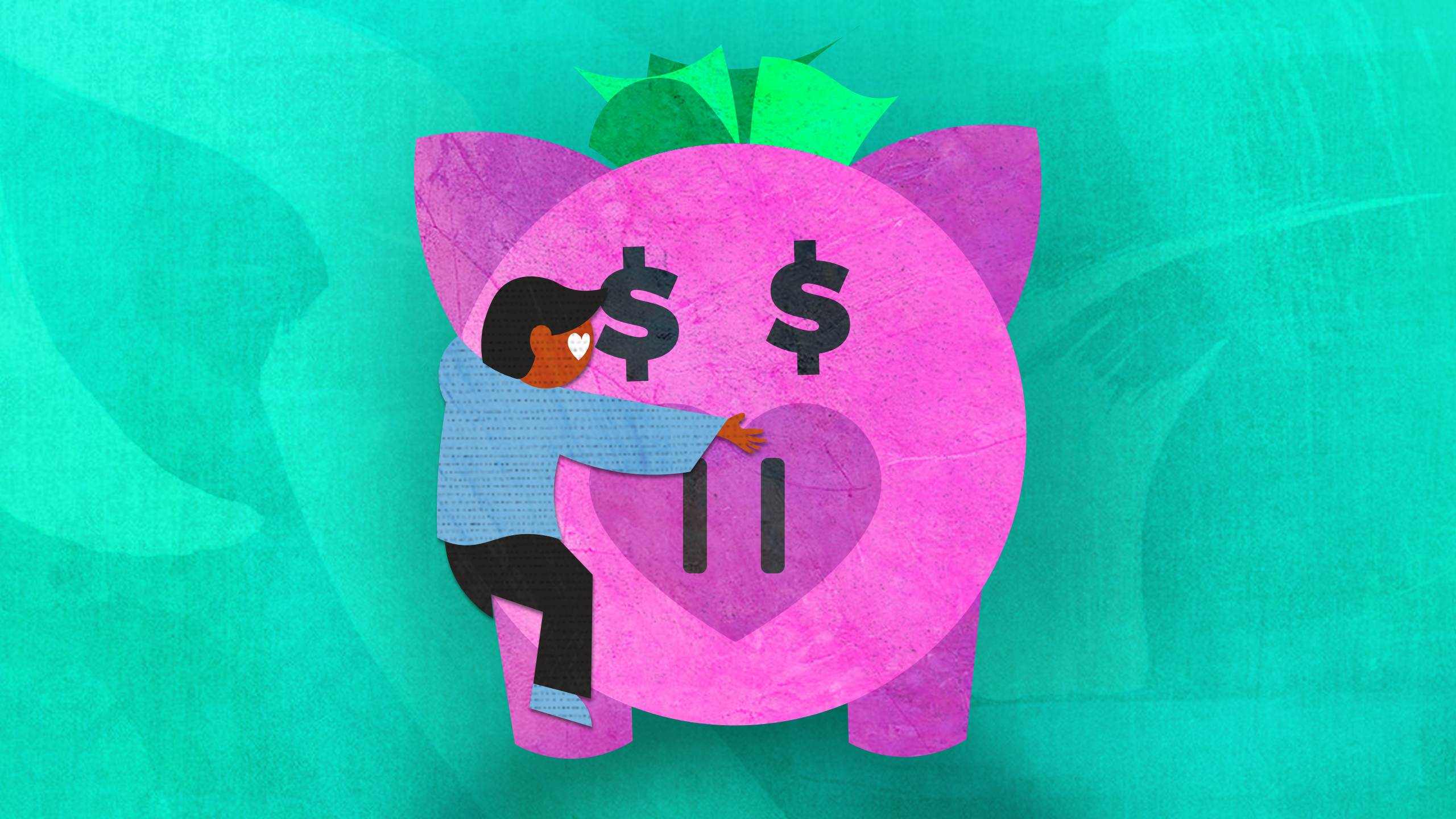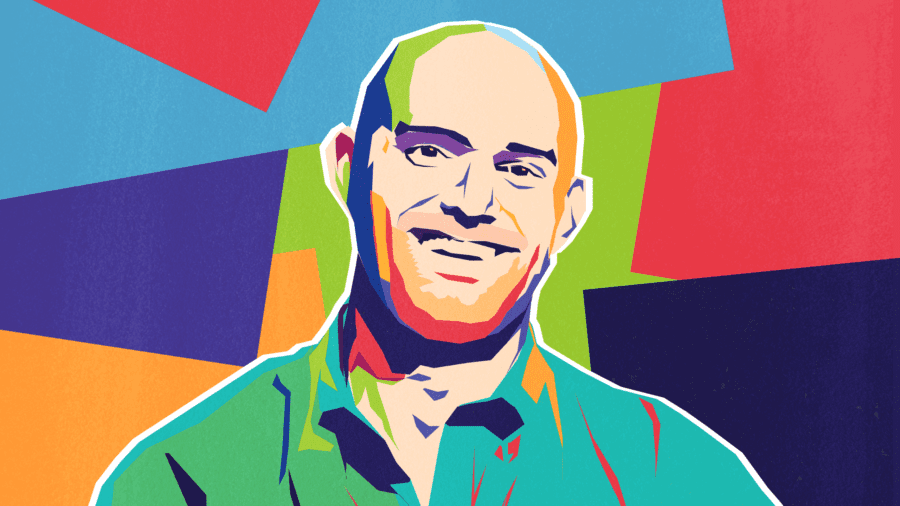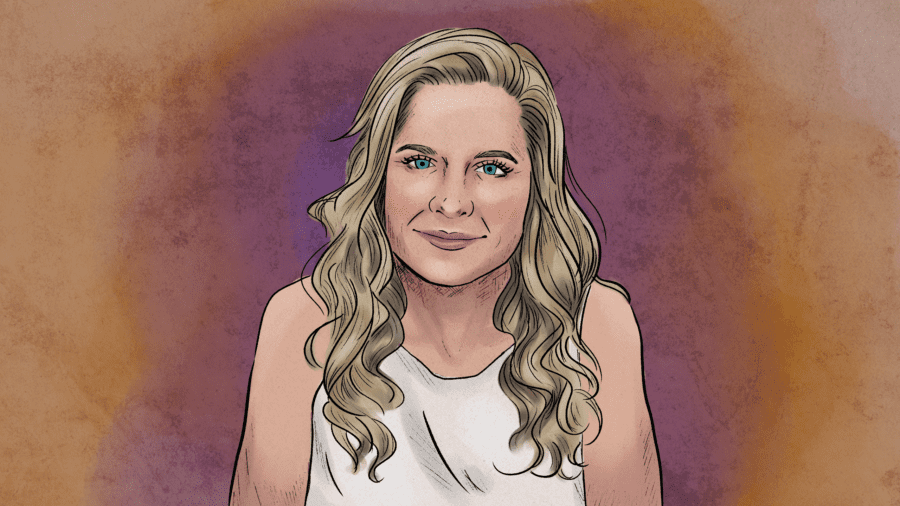
How to Discover Your ‘Money Personality Type’ and Level Up Your Finances
Do you have a healthy relationship with money?
There are many ways we can enhance our ability to manage and grow our wealth, but even those who are financially secure sometimes struggle with fears, doubts, and negative beliefs about their finances. They may feel insecure about how they handle their money, or they may be overly cautious about how they spend it.
Regardless of where you are on your financial journey, you do have a relationship with money, whether it be positive or negative. Once you better understand that relationship, you can enhance your ability to manage your money and use it to bring more joy into your life.
#1. Learn Your Money Personality Type
Everyone has a money personality type, and this type makes us more likely to engage in certain financial behaviors, including how we spend and save. Your money personality will likely evolve over time depending on your financial situation, and you may have a combination of multiple money personality types.
According to Ken Honda, bestselling author of Happy Money, there are seven money personality types. It’s important to be aware of these different types because knowing your money personality will help you understand your financial habits and where you have room to grow.
The Compulsive Saver: As the name suggests, compulsive savers save a great deal of money, and this is the main way these personality types feel safe and secure. Those with this personality type are usually frugal, and sometimes, their money controls their lives and keeps them from engaging in meaningful activities and experiences.
The Compulsive Spender: This personality type overspends on frivolous items, which can lead to financial problems. They often spend more than they earn.
The Compulsive Moneymaker: Those with this personality type believe that the key to happiness is earning more money. They often spend an inordinate amount of time working and maximizing their money, and they feel validated through financial success.
The Indifferent-to-Money: People indifferent to money rarely think of it, and they often don’t let money impact their decisions. Many with this personality type believe that money is inherently bad.
The Saver-Splurger: The saver-splurger combines some of the qualities of spenders and savers. They save a lot of money, but they’re also willing to spend a great deal of their savings on unnecessary expenses.
The Gambler: Gamblers enjoy making money, but they’re also willing to risk money in order to earn it. In fact, the risk is part of their enjoyment. They may make risky investment decisions, or they may even engage in actual gambling.
The Worrier: The worrier stresses about losing all of their money, even if they’re financially secure. They often think about the worst-case scenario and lack confidence in their ability to obtain financial freedom.
#2. “Do I Love Money?” Understand Your Relationship with Money
In addition to money personality types, everyone has a relationship with money, known as our money mindset. We adopt unique perspectives and attitudes around money from our personal experiences and upbringings, and we usually begin to construct our money mindsets at a young age.
Think back for a moment. When you were a child, how did the adults around you — parents, guardians, or caretakers — discuss money? Was money talked about openly, or was it taboo to discuss?
If your parents were incredibly frugal and refused to spend any money unnecessarily, you likely adopted a similar money mindset. This mindset differs significantly from a household where money is spent more casually.
Your experiences after childhood will also determine how you view money. If you had to tighten your belt and live on very little money at a certain stage of your life, you’re likely more careful with your money and are more likely to beef up your savings.
Of course, there’s nothing wrong with saving money — quite the opposite — but when we develop fear and insecurity around money, we create what’s known as a scarcity money mindset. A scarcity mindset refers to the belief that there’s only a limited amount of money available, and any money you earn takes away from the limited supply. Worriers, compulsive savers, and compulsive money-makers often struggle with this money mindset.
The opposite of a scarcity money mindset is an abundance money mindset. This refers to the belief that there’s plenty of money to go around in the world. Rather than being in direct competition with others to gather the finite supply of money, you recognize that money is something to be shared and enjoyed with others.
#3. Transforming Your Relationship With Money
If you’ve developed an unhealthy relationship with money revolving around fear and scarcity, you’ll likely want to shift your outlook to one of positivity and abundance, as this will attract more money while also allowing you to reduce your financial stress.
How does abundance attract more money?
You may be familiar with the term “manifesting,” meaning that you write down or say your goals and believe in them to make them a reality. You can manifest your financial goals and shift the way in which you think about money. If you see money as a necessary evil or a point of stress in your life, try to reposition your thinking and outlook. You can shift your attitude toward money and instead view it as a tool for bringing more abundance into your life and others’ lives.
Regardless of your current financial situation, it’s important to maintain a positive outlook and believe in your ability to create financial security for yourself.
One critical way to shift your mindset from scarcity to abundance is to stop comparing yourself to others. Do you ever feel jealous of a friend’s financial situation or lifestyle? Everyone is on their own path, and if you view your personal finances as a competition rather than an individual journey, you’ll shift your outlook toward a scarcity mindset.
There’s plenty of money to go around, and YOU are fully capable of making enough and using it as a tool for abundance.
#4. Improve Your Financial Education For Wealth Building
In addition to understanding your money personality and adopting a healthy relationship with money, it’s important to know about the economy and how to manage personal finances. You need to learn how to best leverage and manage your finances to see substantial growth.
For example, if you put all your money into a standard savings account, you may think you’re making a wise financial decision. In reality, it’s important to diversify where you put your money, especially because of inflation.
The inflation rate outpaces the interest rate of your standard savings account, which means that your saved money is getting smaller every day. It’s wise to have easily-accessible emergency funds within a savings account, but to maximize your money’s potential, you should invest — more on that later.
This is merely one example of why improving your overall financial education is essential. Consider reading books and using online resources to improve how you handle and grow your finances.
To learn more about your money, we recommend online resources like Investopedia.com, Forbes.com, Minority Mindset blog, Nerdwallet.com, and other articles on Greatness.com. You can also check out great personal finance books like Big Money Energy by Ryan Serhant, We Should All Be Millionaires by Rachel Rodgers, and Happy Money by Ken Honda.
#5. Budget, Budget, Budget

The Greatness Mindset
Learn the secrets of some of the greatest minds in the world. Unlock the power of your mind and live your best life today.
Learn MoreYou’re likely already aware that budgeting is critical to managing your personal finances. It can help you better understand where you spend your money, and you can use your budget to create a detailed plan for overcoming debt and increasing your savings.
The first step to budgeting is tracking your spending, and you should write down EVERY expense regardless of its size. You can organize your expenses into different categories such as utilities, eating out, groceries, and entertainment. Once you write down and add up your expenses, you’ll likely be surprised how much money you spend on certain unnecessary items.
You can then shape your budget around your expense categories. One common budget method people use is the 50/30/20 rule. The 50 refers to 50% of your budget going toward essentials, such as utilities, transportation, and groceries. 30% of your budget goes toward non-essential spending, like dining out and buying luxury items. Finally, 20% goes to retirement, emergency funds, and other financial planning investments.
This, of course, is just one example of a budget, and you can shape your own to fit your needs, goals, and lifestyle. If you’re currently in debt, you’ll likely want to create a category for knocking out what you owe, but you should also continue to save money while tackling debt.
#6. Adopt Positive Financial Habits
In addition to budgeting, you’ll likely want to develop other positive financial habits. Your budget is a great place to start with understanding where you can improve your personal finances.
For example, if you track your monthly expenses and discover that you’re spending over $200 on fast food a month, you may want to develop a habit of limiting your fast food intake. There’s nothing wrong with treating yourself, but for your financial health, you should set limits and get in the habit of meal prepping and eating at home more frequently.
Other avoidable expenses that people spend too much on include late fees and recurring fees. Fortunately, when you stay on top of your budget, you’ll be able to eliminate avoidable late fees — such as credit card fees — and you’ll uncover recurring expenses that you no longer need.
Maybe you signed up for a streaming service in order to watch your favorite show, and now that show has ended. Perhaps it’s been months since you’ve used the service, and you likely won’t use it in the next month. You can easily cut out this wasteful expense and use the money in a way that brings more joy to your life. Moving forward, you can develop the habit of scrutinizing your recurring fees and save a great deal of money in the long run.
Shifting your habits usually comes with a degree of discomfort, but you have the power to shift your lifestyle and adopt more financially-conscious practices.
Budgeting and adopting financial habits will also allow you to learn more about your financial personality type. You may find that you have an easy time avoiding frivolous expenses and gravitate toward compulsive saving.
#7. Never Lose Sight of Abundance
If your money personality type falls closer to compulsive saving or money-making, you may have no difficulty budgeting and finding ways to save money, BUT it’s also critical to embrace abundance in your budgeting and lifestyle.
Many financially well-off people still struggle to overcome negative feelings and fears around their money. They might save a great deal of their monthly income while refusing to spend money on themselves or their families.
Remember, you can view money as a tool for creating joy and abundance in your life. You can afford to treat yourself or others occasionally, especially if you have a good handle on your budget.
When you hit certain financial benchmarks, consider rewarding yourself with a vacation or a nice dinner with a loved one. This will give you a much-deserved reward while strengthening your abundance money mindset.
#8. Save and Invest
As discussed above, saving and investing your money is a critical part of developing more financial freedom and security. You can use your budget to allocate where you’ll save and invest a portion of your income.
Your savings and investment goals depend largely on your unique financial situation and your age, but as a general rule, you’ll likely want to put money toward an emergency fund, stock market investments, and a retirement account.
With your emergency fund, you’ll want to put aside money that can cover at least three months of expenses in an account that’s easy to access, and eventually, you should aim to upgrade your emergency fund to cover six months. This fund is for unexpected emergencies, including losing your job or facing costly medical expenses.
Regarding the stock market, you’ll want to make investment decisions based on your risk tolerance and your desired return on investment. Riskier investments have a higher potential return, while safer investments — such as mutual and index funds — have a slower rate of growth. You can also consider other forms of investing, such as real estate.
Finally, you need to save money toward retirement through an IRA or 401(k). Regardless of your age, you need to start thinking about your retirement savings, and building a solid retirement plan with monthly contributions will help you feel more secure financially.
Join In 200 Million+ On The Journey to Greatness
#9. Track Your Financial Progress and Ongoing Relationship with Money
Like with all goals, it’s essential to keep track of your financial journey’s overall progress. It’s important to evaluate whether you’re sticking to your positive financial habits, including budgeting and saving.
You should also continue checking in with how you feel about money and your money personality. People are constantly changing, and if you find yourself saving a great deal, you may have shifted your money personality from that of a compulsive spender to a compulsive saver.
Or course, saving is absolutely critical for your financial well-being, but you always want to continue having an abundance mindset. Make sure to use your money to bring joy to yourself and others.
Learn More About Your Relationship With Money!
Leveraging your relationship with money starts with understanding your money personality and mindset. Fortunately, you can learn more about your money mindset by taking this online quiz.
After you understand your money mindset and personality, you’ll be well on your way to adopting these tools to enhance your financial situation while living with joy and abundance.
Cheers to you for taking the time today to learn more about managing your finances and improving your relationship with money!
Greatness Authors
Greatness Authors is a collection of writers, thinkers, curiosity experts, and students of the world who are committed to bringing you the most up-to-date, impactful, and inspiring information surrounding Greatness topics.

Redefining Poetry: How Instagram Sensation Rupi Kaur Showed That Poetry Is for Everyone

The 7 Best Vitamins to Naturally Promote Better, Uninterrupted Sleep According to Shawn Stevenson

The Science of Forming Healthy Habits & Letting Go of Bad Ones, According to Author James Clear

9 Signs You Have Imposter Syndrome at Work and How to Overcome Performance Insecurity

Olympian Yusra Mardini’s Incredible Story of Resilience, Rescue, and Refugee Rights










